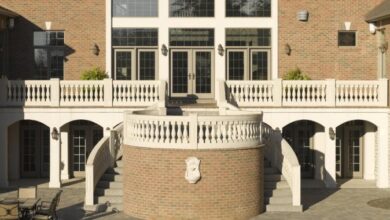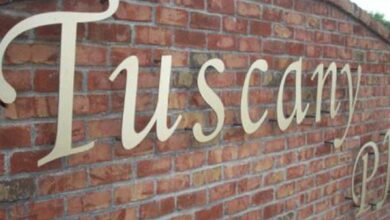A Step-by-Step Guide to Planning Your Home Addition in Dallas
Home Addition Planning Dallas, Home Expansion Guide, Dallas Home Renovations
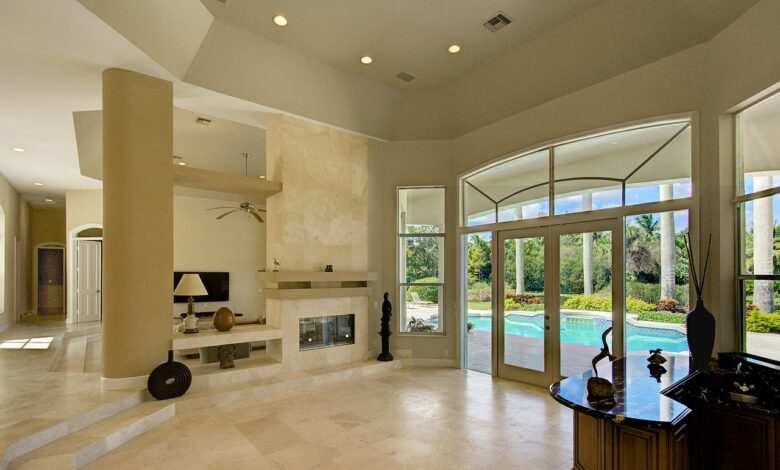
Planning a home addition is an exciting yet complex project. In Dallas, with its unique architectural styles and booming real estate market, expanding your home requires careful thought and preparation. Whether you’re adding a new bedroom, a home office, or expanding your kitchen, a well-executed home addition can not only enhance your living space but also increase your property’s value. This guide will walk you through each step of the process, ensuring you navigate the complexities of construction, budgeting, permits, and design successfully.
Understanding the Importance of Planning Your Home Addition in Dallas
Before you jump into construction, it’s essential to understand that Dallas has specific regulations and trends that may influence your home addition plans. From the types of permits required to the latest local design trends, it’s important to get familiar with these aspects upfront. This understanding forms the foundation of your project and helps avoid costly delays or mistakes down the road.
Setting Clear Goals for Your Home Addition
What is your primary motivation for a home addition? Is it to create extra space for a growing family, enhance the functionality of your living area, or simply increase your home’s market value? Defining clear goals will shape your decision-making throughout the project. Your goals should be practical, ensuring the addition blends seamlessly with your existing structure while meeting your needs.
Evaluating the Feasibility of Your Home Addition
Once you’ve set your goals, the next step is to assess the feasibility of your project. Not every home is suitable for every type of addition. Factors like the size of your property, the structure of your home, and local zoning laws all play critical roles. In Dallas, some neighborhoods may have stricter regulations due to historical preservation or community guidelines. Working with an architect or a home addition expert familiar with local codes can help you determine what’s possible.
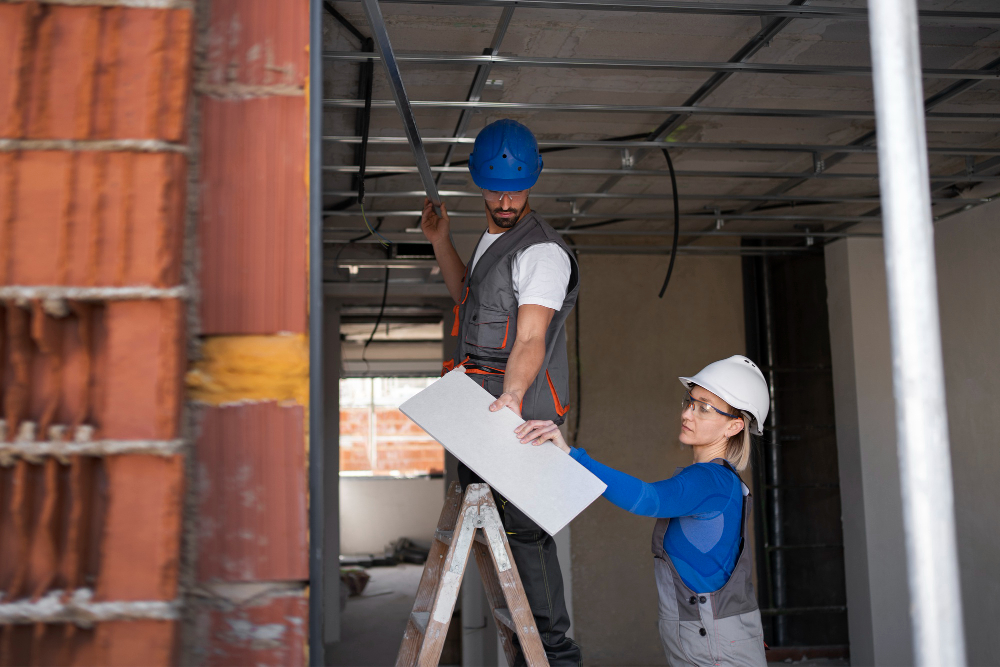
Budgeting for Your Home Addition
Budgeting is one of the most crucial steps in your home addition journey. Without a clear financial plan, costs can quickly spiral out of control. Begin by creating a detailed budget that includes every aspect of the project, such as design, materials, labor, and permits. It’s also smart to add a contingency fund to cover any unexpected expenses. Dallas construction costs can vary, so it’s essential to get multiple quotes from contractors to ensure your budget aligns with the market.
Securing Necessary Permits and Approvals
In Dallas, building permits are mandatory for most home additions, whether it’s adding a room, extending your kitchen, or modifying the exterior. The type of permits required will depend on the scope of your project and the location of your home. Working with a licensed contractor familiar with the Dallas permitting process will make this step much easier. They can handle the paperwork and ensure your project complies with local building codes.
Choosing the Right Contractor for Your Home Addition
Selecting a trustworthy, skilled contractor is essential to the success of your project. Take the time to research and interview several contractors, paying close attention to their experience with home additions in Dallas. Ask for references, check their licenses, and review their portfolios. Your contractor will be your partner throughout the project, so choose someone who understands your vision and can deliver on time and within budget.
Designing Your Home Addition
Design is where your home addition truly comes to life. Whether you’re working with an architect or using a design-build firm, focus on creating a space that complements your home’s existing style while meeting your functional needs. In Dallas, many homeowners opt for modern, open-concept designs that maximize natural light and create a seamless indoor-outdoor flow. Incorporating energy-efficient materials and smart home technology can also enhance the long-term value of your home addition.
Considering Energy Efficiency and Sustainability
Dallas homeowners are increasingly prioritizing sustainability in their home addition projects. From energy-efficient windows and insulation to solar panels and water-saving fixtures, there are countless ways to make your home addition environmentally friendly. Not only will this reduce your energy costs, but it can also make your home more attractive to future buyers.
Finalizing Plans with an Architect
If your home addition is particularly complex, you’ll likely need an architect to draw up the final plans. Architects can ensure that your design is structurally sound, meets all local building codes, and maximizes the potential of your space. In Dallas, it’s common for architects to collaborate closely with contractors to ensure the design vision is properly executed during construction.
Preparing for Construction
With plans and permits in place, it’s time to prepare your home for construction. This step involves more than just clearing out the area where the addition will be built. You’ll also need to consider how the construction will impact your day-to-day life. Will you need to temporarily move out? How will construction noise affect your neighbors? Communicate with your contractor to establish a timeline and set expectations.
Navigating the Construction Process
Construction can be a stressful time, but with careful planning and open communication, you can minimize disruptions. Regularly check in with your contractor to stay updated on progress and address any issues as they arise. Keep an eye on the budget and schedule to ensure everything stays on track. In Dallas, weather can sometimes delay construction, so be prepared for potential setbacks and have a contingency plan in place.
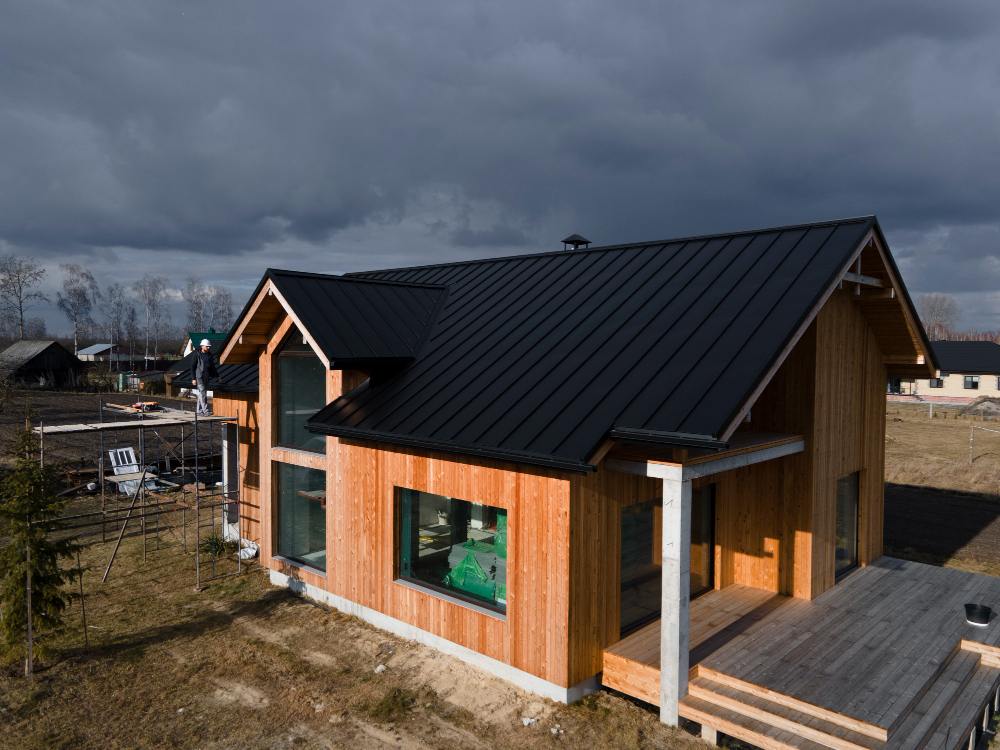
Final Inspection and Approvals
Once construction is complete, your home addition will need to pass a final inspection to ensure it meets all safety and building standards. This is typically done by a city inspector who will review the work and confirm that all aspects of the addition comply with Dallas building codes. Once approved, you can officially enjoy your new space.
Decorating and Furnishing Your New Space
Now that the hard work is done, it’s time to focus on decorating and furnishing your new space. Whether you’ve added a modern kitchen, an extra bedroom, or a cozy home office, the finishing touches can make all the difference. In Dallas, many homeowners opt for a mix of contemporary and traditional styles, creating spaces that are both functional and aesthetically pleasing.
Maximizing the Value of Your Home Addition
A well-executed home addition can significantly increase your property’s value, especially in a competitive real estate market like Dallas. To maximize your return on investment, consider how the addition fits into the overall value of your neighborhood. Upgrading your home to include desirable features like additional bathrooms, energy-efficient systems, or luxury finishes can make your property stand out.
Common Challenges in Planning a Home Addition
No project is without its challenges, and home additions are no exception. In Dallas, common issues include navigating the city’s permitting process, dealing with unpredictable weather, and staying within budget. However, with careful planning and the right team in place, you can overcome these challenges and achieve your dream home addition.
FAQs
How long does it take to complete a home addition in Dallas?
What are the most popular home addition trends in Dallas?
What permits are required for a home addition in Dallas?
How much does it cost to build a home addition in Dallas?
Do I need an architect for my home addition in Dallas?
Can a home addition increase my property taxes in Dallas?
Conclusion
Planning a home addition in Dallas is a significant investment, but with the right approach, it can be a rewarding process that adds both value and functionality to your home. From setting goals and securing permits to choosing the right contractor and navigating construction, each step is critical to ensuring a successful project. By following this step-by-step guide, you’ll be well on your way to transforming your home and creating a space that you and your family can enjoy for years to come.




